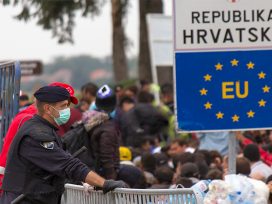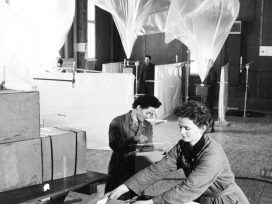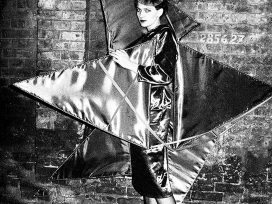Read like a girl
Malala Yousafzai advocates for girls’ education, while Greta Thunberg demands climate action. Thankfully, they don’t compete with each other for fame. They do, however, challenge assumptions about what can and cannot be done in politics. Especially by girls. For the European Week of the Girl, Eurozine offers reads which may help girls navigate the treacherous swamps of international politics.
Antonija Letinić looks into what media literacy should offer to youth growing up in an age of digital transformation and of political turmoil:
Robert Brier asks why feminism was so dreaded by Soviet-era dissidents:
Gendering dissent
Human rights, gender history and the road to 1989
Zsófia Lóránd revisits the legacy of Yugoslav women’s movements:
Creating feminism in the shadow of male heroes
That other story of 1989
Ayşe Durakbaşa surveys the history of feminism in Turkey:
Feminism in Turkey
History and contemporary agenda
Layli Fouroudi examines what the Arab Spring brought for Tunisian women:
Yemisi Akinbobola analyses obstacles to female advancement in Nigeria, which forces women to constantly negotiate, assess, and to strategically choose which fights they can fight and which they have to let slide, for the sake of their security:
This topical article is based on the editorial published in our 20/2019 newsletter. You can subscribe here to get bi-weekly updates about the latest publications and news on partner journals. Check further topicals here.
Published 1 October 2019
Original in English
Newsletter
Subscribe to know what’s worth thinking about.
Related Articles

Socialist reform and modernization in post-WWII Poland opened the higher-education gate to underprivileged students. But early streaming to vocational school and societal expectations remained as barriers. What became of the working-class freshers who made it to the lofty heights of academia?

Higher education is a prime target of illiberal state capture. The assault on scientific freedom is sometimes couched in the jargon of neoliberalism, at other times it uses the language of nationalism and religion. And increasingly, there are threats of actual violence against academics.











